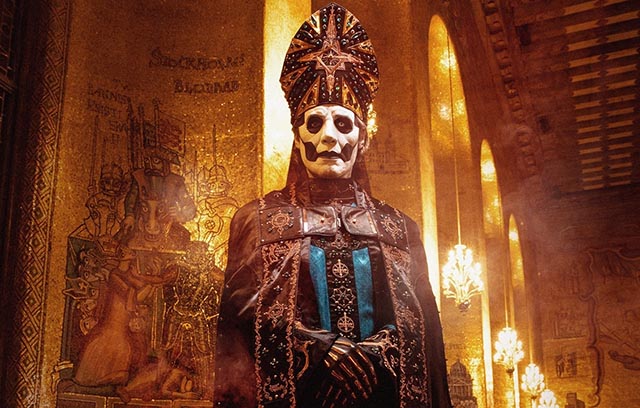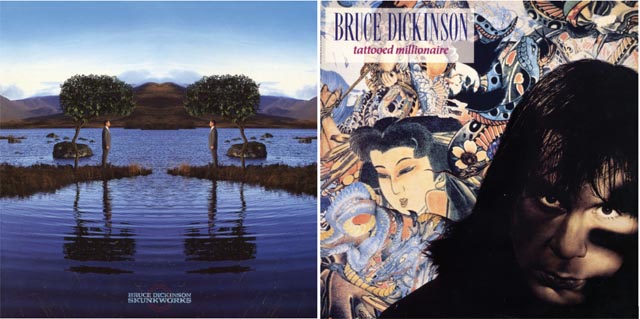More details are starting to emerge on the next Opeth album. The band are currently hoping to release a new album in June, but what is it going to sound like? Frontman Mikael Åkerfeldt previously described some of the sounds fans can expect including strings, but guitarist Fredrik Åkesson has offered up more details on the album’s influences and styles in an interview with Artist Direct.
On the use of strings and what ties the album together:
It’s more melodic, for sure. Every song on the album is very different from each other. Still, they’re connected in a way. Probably, the song that’s most “Opeth-ish”, is the third song which has a lot of different sections. There’s a thread through the entire album absolutely. The way it ends is a nice farewell song with the strings. A guy named Dave Stewart did the strings. He used to play in a prog band called Egg.
On songwriting and influences:
Mikael Åkerfeldt wrote all of the songs. It’s just the way it came out. We talked about wanting to do an album that sounded more like the late seventies and early eighties hard rock era. That was the foundation for it. It was that type of direction. For instance, the second song on the album is quite rare as an Opeth track because it doesn’t have any breakdowns or dynamic, forest-y parts. That’s quite different because it grooves all the way through.
There are tons of influences on the album. One that we talked about was the first Dio album, Holy Diver. The drum and bass are really in-your-face. I don’t know if it turned out exactly like that, but that was definitely one thing we talked about. We discussed those types of early albums.
And, of course, on comparing the album to Heritage:
It’s quite different. I don’t really know what to say about the development, but I think they’re very different. It’s a development from Heritage, like you said. It’s a bit more melodic to some extent and easier to digest for some people.
Some fans did have a hard time digesting the proggy atmosphere and lack of growled vocals or any death metal at all. But the way Åkesson describes the album, it sounds like Opeth putting their own twist on a certain era of music. And since that music is along the lines of classic Dio, fans hoping for a bit more “metal” than “progressive” might be pleased with this next one. Or they’ll just completely dismiss it as “not really an Opeth album.” We’ll see and hear for ourselves when the record (hopefully) comes this summer.












